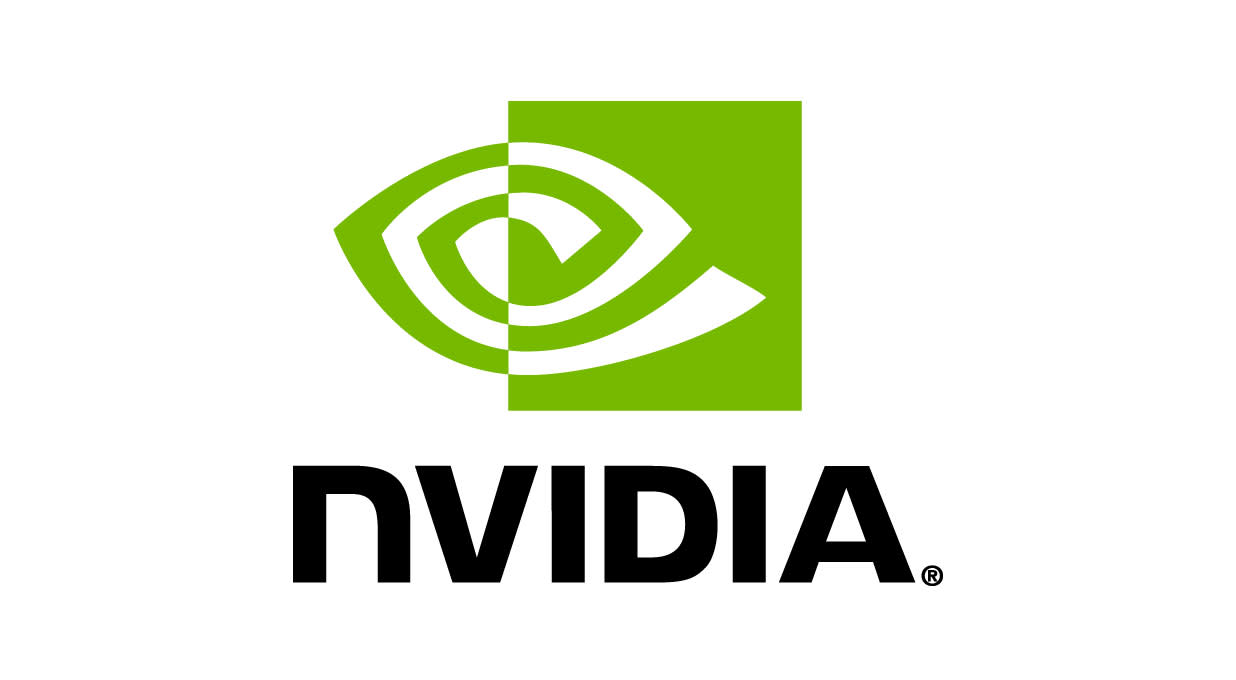NVIDIA reported second quarter revenue up 122% to $30.0bn ($28.7bn expected). All divisions grew by at least double-digit rates with Data Center the standout (up 154% to $26.3bn), benefitting from increased demand for NVIDIA’s AI chips. Underlying operating profit rose 156% to $19.9bn with a gross margin of 75.7%.
The new Blackwell platform is expected to start generating “several billion dollars” of revenue in the fourth quarter.
Free cash flow rose from $6.0bn to $13.5bn and net cash, including leases, stood at £25.0bn at the end of the period.
For the third quarter, revenue is expected to be around $32.5bn with an underlying gross margin of 75.0%. The board has approved an additional $50bn share buyback, with no expiration.
The shares were down 3.1% in pre-market trading.
Our view
NVIDIA is the flagbearer for the AI revolution, and second-quarter results marked an astounding seven straight quarters of beating both revenue and profit expectations. That’s due to operational excellence, with a sprinkling of conservative guidance set by CEO Jensen Huang and the NVIDIA team. We wouldn’t be surprised to see the $33.5bn third-quarter revenue guide beaten by $1-2bn if recent trends hold.
But such is the level of expectation that the market reaction to the latest set of results was poor. That’s likely a combination of not beating by as wide a margin as in previous quarters, and a slight dip in margins.
NVIDIA’s chips are the key to its success, offering the hardware that enables AI systems like ChatGPT to be trained and operated. The current Hopper series has been transformative, and demand continues to be strong despite the new Blackwell series coming later this year. There had been concerns that Blackwell delays would impact revenue, but with some on-the-fly tweaks, it remains on track to have deliveries start in the fourth quarter.
It’s not just the chips that make NVIDIA’s product so appealing, the CUDA software platform that enables users to optimise the hardware is key. Competition will come from the other mega tech companies who are working hard to build in-house chips, and specialised companies looking to solve more specific problems. But we think these will remain edge cases for a good while yet, enabling NVIDIA to continue to enjoy its dominant position over the next few years.
The question of return on investment is also valid. And over the next year it’s vital that those using NVIDIA hardware to build AI products start to see the benefits. But for now, that simply isn’t the main consideration for NVIDIA’s biggest customers like Meta and Microsoft who are happy to build now in anticipation of the products coming down the line.
An overlooked strength is how capital light NVIDIA’s business is, and when combined with strong cash flows and a healthy balance sheet, there’s plenty of scope for share buybacks and dividend payments. Though nothing is guaranteed.
NVIDIA is a quality business. Demand in the near term looks set to keep rising and while the ‘build it and they will come’ approach continues, it plays right into NVIDIA’s hands. It’s in the longer term that we have questions. Consistent gross margins in the 70%+ range are unheard of for a hardware business, and we’d expect competition to erode some of that over time. Where NVIDIA lands when the dust settles remains an unknown, and that’s a risk investors should be wary of.
NVIDIA key facts
All ratios are sourced from Refinitiv, based on previous day’s closing values. Please remember yields are variable and not a reliable indicator of future income. Keep in mind key figures shouldn’t be looked at on their own – it’s important to understand the big picture.
This article is not advice or a recommendation to buy, sell or hold any investment.No view is given on the present or future value or price of any investment, and investors should form their own view on any proposed investment.This article has not been prepared in accordance with legal requirements designed to promote the independence of investment research and is considered a marketing communication.Non - independent research is not subject to FCA rules prohibiting dealing ahead of research, however HL has put controls in place(including dealing restrictions, physical and information barriers) to manage potential conflicts of interest presented by such dealing.Please see our full non - independent research disclosure for more information.


